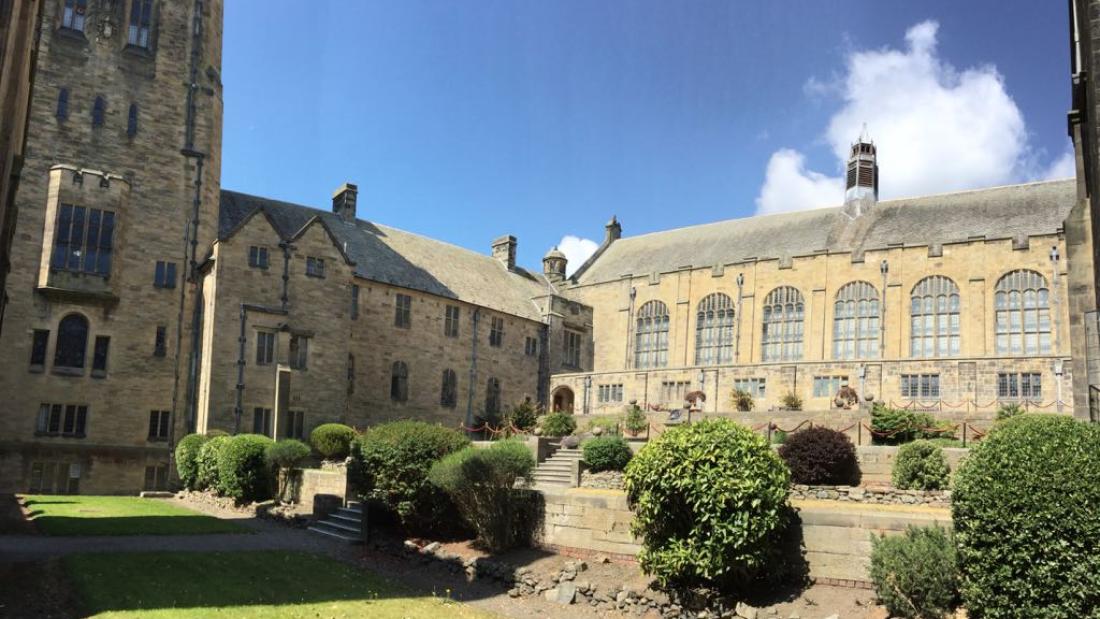📖Program Curriculum
You’ll have compulsory theoretical study and clinical placements in hospitals community and or residential settings in north Wales. Closely supervised placements that enable you to observe professionals at work and participate in the delivery of nursing care start early in the course. Support is available from a personal tutor who is a registered nurse and an academic member of staff. On placement you’ll be supported by registered health professionals known as practice supervisors and practice assessors who will supervise assess and encourage your clinical learning and development. Theoretical and practical work is assessed through assignments examinations presentations and the All-Wales Assessment of Clinical Practice portfolio.
Our dedicated team of children’s lecturers have experience including acute and community children’s nursing neonatal critical care orthopaedics hospice care accident and emergency and children with complex needs. The Team are committed to supporting students to realise their potential to become compassionate competent and autonomous Children’s Nurses able to meet current and future healthcare demands.
What will you study on this course?
The course is based equally on theory and practice – 50% is on theoretical study and 50% is spent in clinical practice developing competence needed for entry to the NMC’s register. You’ll develop skills and professional behaviours values and attitudes expected of a nurse to ensure the safety and protection of people of all ages and their carers and families. While you’ll specialise in children’s nursing from the start of the programme there are opportunities to study alongside other student healthcare professionals and the School has a strategy for interprofessional learning. Within the individual degree programmes there are shared learning opportunities for all fields to learn together about common or generic elements such as anatomy and physiology psychology sociology communication reflection law and ethics. This interprofesssional learning enables multidisciplinary working from the outset and an appreciation of how the elements of health care fit together in the patient journey. Sharing ideas between health disciplines will broaden your perspective on healthcare and help you focus on specific skills you develop in your own field of nursing. By fully engaging with this programme you’ll develop skills in family centred-patient care effective health promotion learn about the effects and management of acute and long-term childhood illnesses assess pain and psychological responses to ill health and learn play and distraction techniques as well as many other techniques. This will enable you to deliver high quality child nursing care in a rapidly changing environment.
For 2022 entry the Bachelor of Nursing programme for all four fields is mapped to the 2018 Nursing and Midwifery Council Standards of proficiency for registered nurses and the Future Nurse: Standards of proficiency. The new programme ensures nurses have greater understanding of patient client needs across all four fields of nursing practice but remaining field focused. The programme prepares future registrants with team working and leadership skills and more knowledge in the area of public health needed to deliver care in different settings to support health and well-being for clients and patients.
Modules for the current academic year
Module listings are for guide purposes only and are subject to change. Find out what our students are currently studying on the Children's Nursing BN (Hons) Modules page.
Course content is for guidance purposes only and may be subject to change.
Show less Show more 